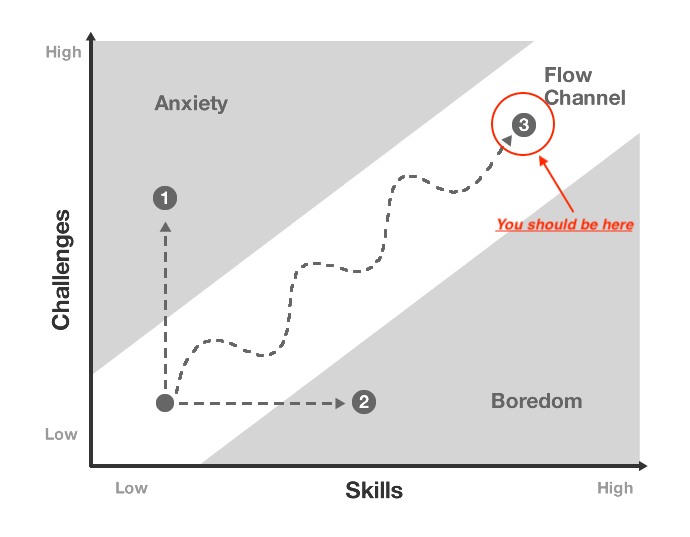From my point of view I can speak to you as a son and younger brother (I am the youngest of 4 children) and I have played with both my parents and my brothers (especially my older brother). What really mattered was that someone used their time to play with me and have fun regardless of the outcome.
I can assure you that I really lost a lot when I was little but then I also became very good at it, I tried several games (mainly MMORPGs) in which the difficulty becomes higher as your character levels up and you gain experience, I played at table football and FIFA with my brother and I always lost, I played adventure games and got lost until someone helped me in the game or I tried so hard that I managed to find the way on my own. The result is that I have become the best among my friends at games (except COD because I have never played it), but there have been definitely more times in which I have lost.
I think it is important that they win sometimes to give them the right motivation to give their best, but it is important that the difficulty is gradually increased and above all that they enjoy that game, it is right to lose and make mistakes to learn that in this way you become more good, and that it creates the desire to want to overcome one’s limit in a game and give the best of oneself. I hope my advice from my point of view can help you🙏🏻

